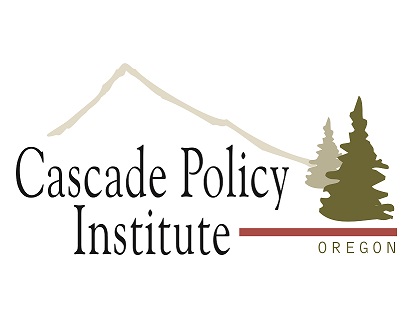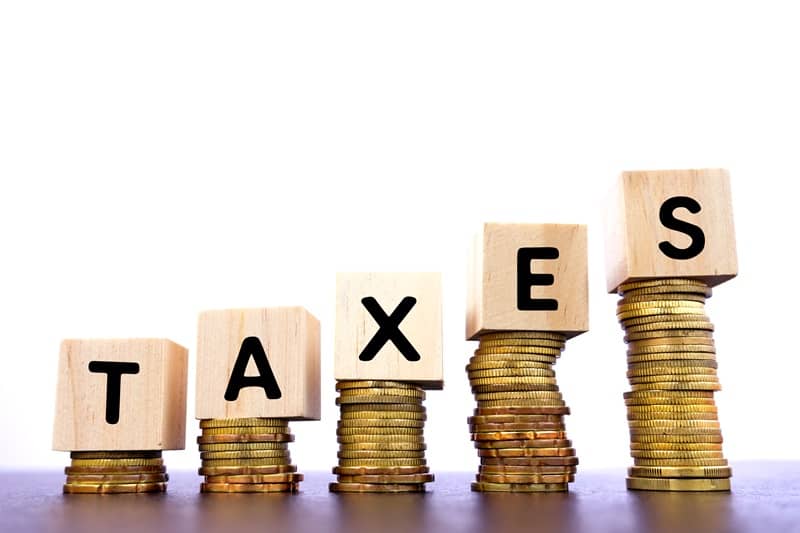Americans live in a regulatory minefield.
Consider the tens of thousands of statutes, regulations, and court precedents that affect nearly every aspect of your life: The United States Code is 50 volumes; the Code of Federal Regulations is 150,000 pages; State laws, administrative rules, and city codes add tens of thousands more pages. Add the myriad court interpretations of these rules, and you understand why the U.S. has more than 1.2 million active attorneys.
Most of these rules have nothing to do with protecting your rights to life, liberty, and the pursuit of happiness. Most have everything to do with limiting your choices: what kind of home you can live in or business you can start; forms you must file and licenses you must acquire; taxes you must pay; the goods, food, and medicine you can buy; and much more.
Why should we have so many rules? Laws, when rightly established, prevent us from harming each other. But when wrongly established, they keep us from living freely and smother the lamp of creative invention and entrepreneurship. John Quincy Adams wrote, “[T]he laws of man may bind him in chains, or may put him to death, but they never can make him wise, virtuous, or happy.”
Instead of heaping more regulations on us, legislators should cut red tape so individuals and businesses can reach their potential in freedom.











